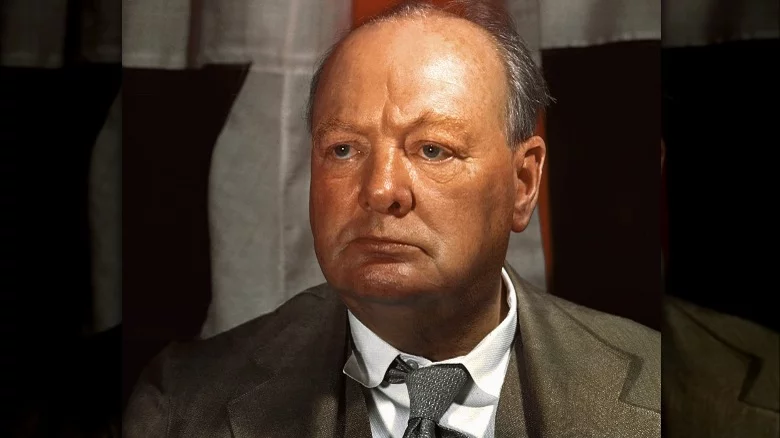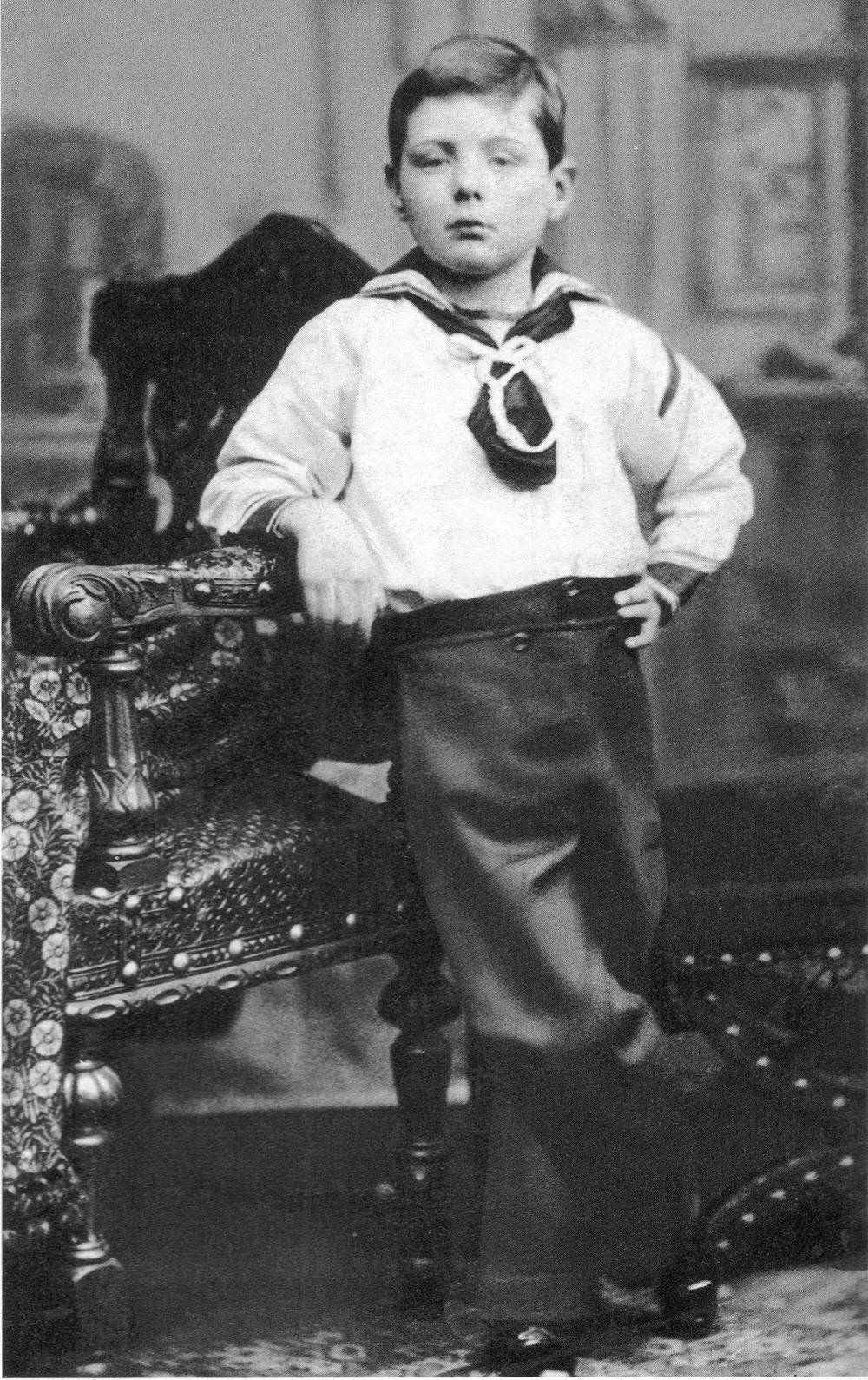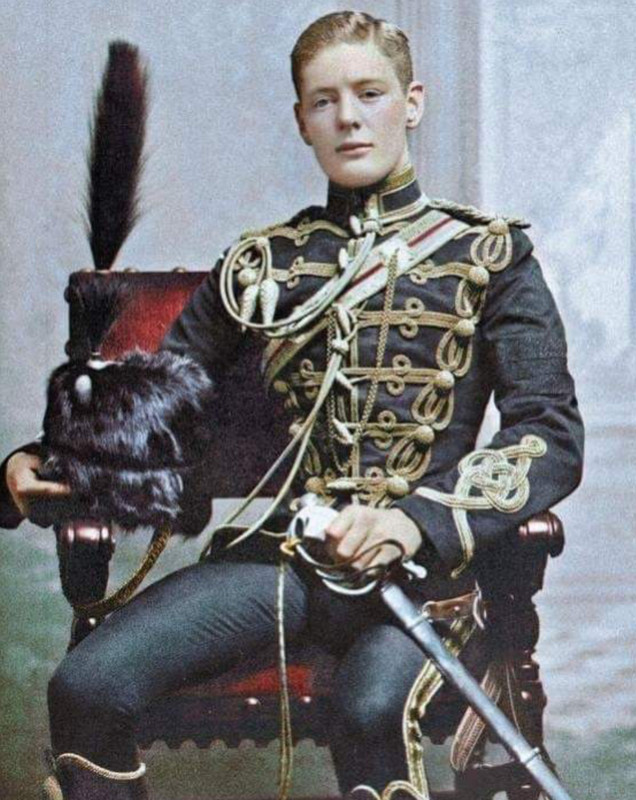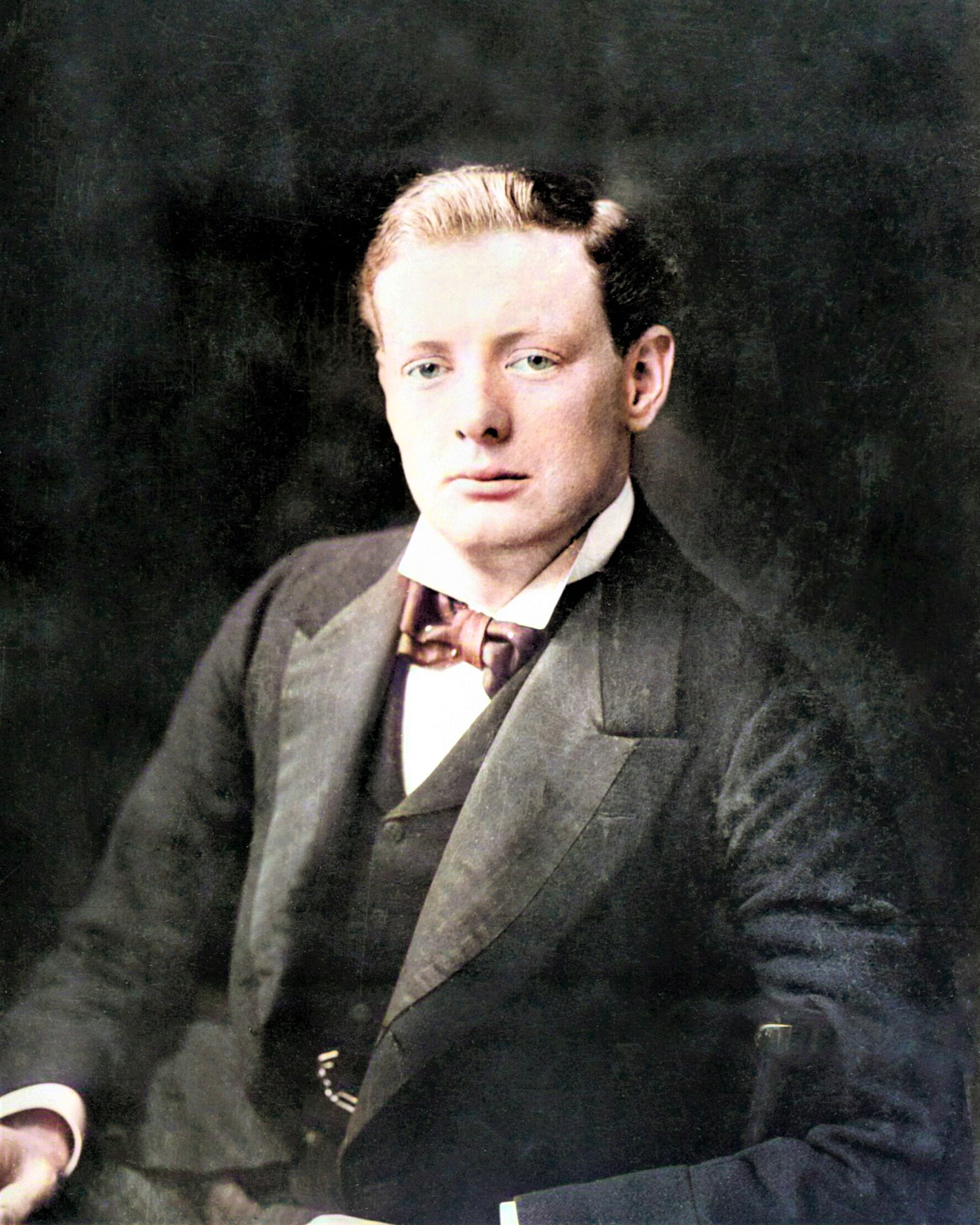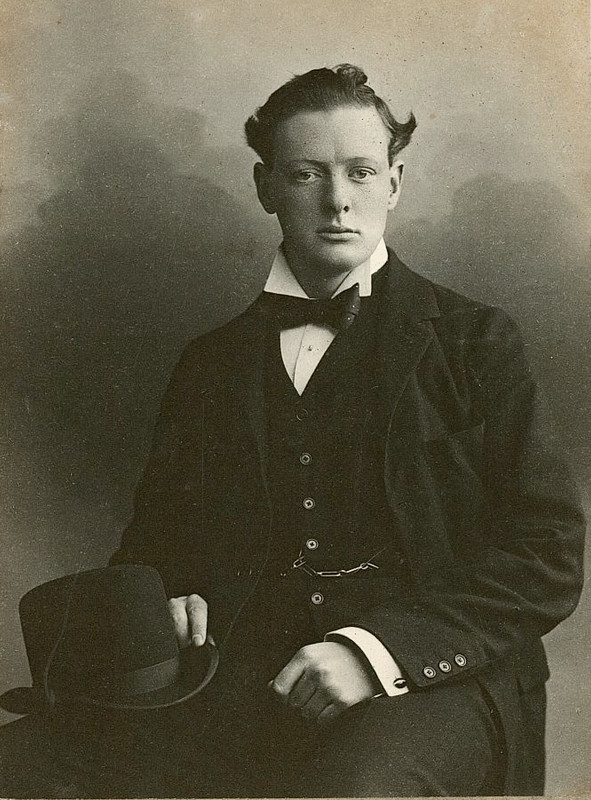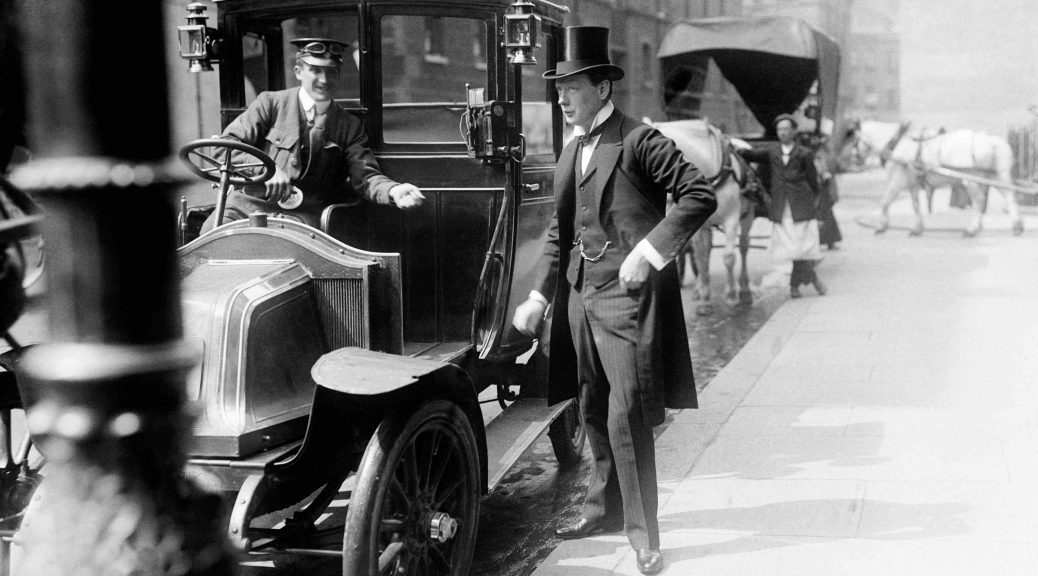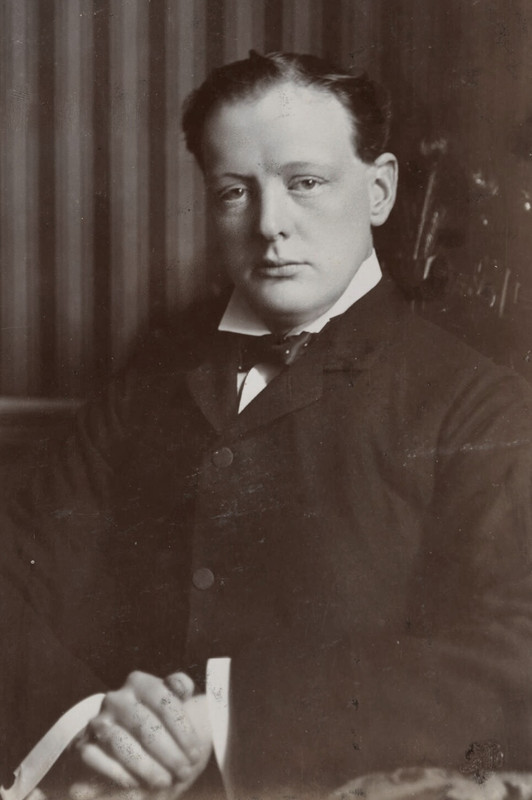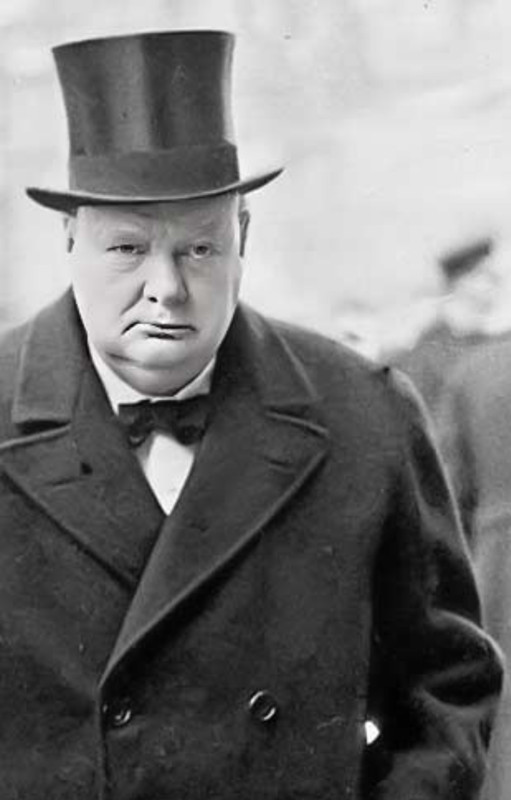I did an advanced search of this CODOH forum for any topic-thread that had ‘Churchill’ in the title.
The search found nothing, not one. Not a single topic on Winston Churchill.
A quite remarkable lacunae.
As we all know, Churchill has been presented to us all as a great hero.
Even octogenarian Hindu Indians that I have talked with regarded him as such, despite his appalling treatment of them and his repugnant racist comments about them. A sign of the power of the press and of prolonged, mind-manipulating propaganda.
In his own times the popular view of Churchill was much more ambiguous.
E.g. at the first general election after WW2, held in July 1945, he was soundly rejected as PM by the majority of the British electorate who instead voted to give a landslide victory to the Labour Party and Clement Attlee. (Labour received 47.7%, Churchill and the Conservatives received 36.2% and the Liberal Party got 9%)
Revealingly Churchill had never become PM as party leader by winning an election. He only become the Prime Minister in 1940 because he and other Conservatives had rebelled against their leader, PM Neville Chamberlain. I.e. the British public NEVER chose him to lead them. He was actually hated with a passion by the working classes, especially in the industrial north of England — and that hatred persisted even during his leadership during WW2.
Compare that to Reichschancellor Adold Hitler who DID come to power due to widespread, popular support and democratic elections in both Germany and Austria and who was loved and even worshipped as a type of German ‘messiah’ during the war years.
When Chamberlain became Prime minister he put Churchill in the position of Lord of the Admiralty. A position Churchill immediately used for his own self-interest and personal ambitions. For example once in office as First Lord he “deluged the Prime Minister with a sea of lengthy memos. Chamberlain castigated Churchill for sending so many memos, as the two met in War Cabinet every day. Chamberlain suspected, correctly as it proved after the war, that "these letters are for the purpose of quotation in the Book that he will write hereafter".”
There have in recent times been many critical reassessment and biographies of Churchill.

For example there is the huge tome and rather dry read written by British civil servant Clive Ponting. He is the man who as a whistle-blower exposed Margaret Thatcher’s lies about the illegal sinking of the Belgrano in International waters during the Falkland’s war.
As a consequence of that embarrassment, Maggie introduced a law that criminalised any future revelations by civil servants should they reveal irrefutable evidence of government lies and illegality.
This law was implemented when Katharine Gun, a GCHQ spy, leaked info showing the criminal duplicity of Tony Blair and his government’s deceptions which allowed the bombing and invasion of Iraq.
A rather uniquely critical film has been made of that case which I can heartily recommend. It is called ‘official secrets’ and has Keira Knightley, playing the role of Gunn.

Another recent, negative view of Churchill is one by a British historian named John Charmley who published a highly critical biography of him entitled Churchill: the end of glory.
A review of it by Ron Unz reveals some interesting, suppressed and little-known details of Churchill's disastrous WW2 war contributions and leadership.
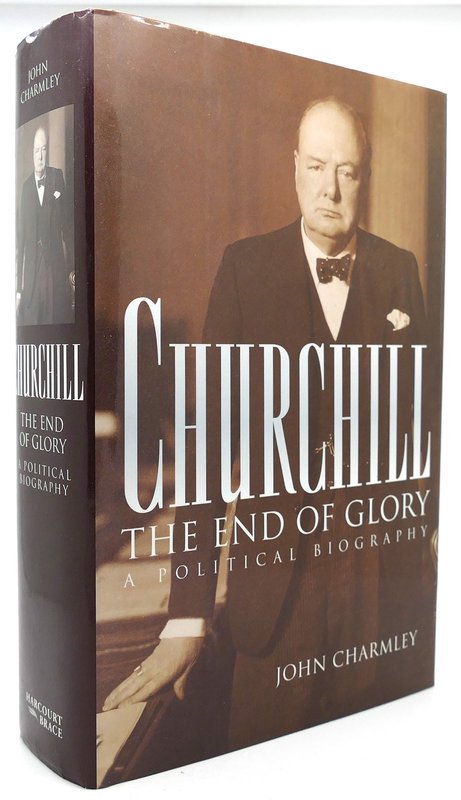
…on p. 383 the author devoted two half-sentences to a somewhat cryptic reference to what was almost certainly the central turning point of World War II. But since that story has suffered near-total suppression for 85 years by virtually all Western historians, I doubt if even one reader in a hundred picked up on that item:
That extremely brief mention refers to the very serious plans that the Allies—the British and French—made during the early months of 1940 to launch a massive attack against Stalin’s Soviet Union. Code named “Operation Pike,” they intended to use their Middle Eastern airbases to unleash the largest strategic bombing offensive in the history of the world against the Soviet oil fields of Baku, while they also made diplomatic efforts to enlist the Turks and perhaps the Iranians into joining the Allied attack against the USSR.At the Supreme War Council on 28 March… Chamberlain had put forward a number of plans for offensive operations. These included a scheme of Churchill’s… a plan for attacking the Baku oilfields in Russia from which Germany obtained much of her oil… attacking the Baku fields, although a more attractive prospect, involved the risk of war with Russia.
As the declassified documents eventually showed, the Allies mistakenly regarded the Soviets as Hitler’s weak and vulnerable ally, constituting the “soft underbelly” of the powerful German war machine. They incorrectly believed that several weeks of aerial bombardment would be sufficient to totally destroy the Soviet oil facilities, thereby cutting Germany off from its main supply of that vital commodity. Furthermore, the heavily mechanized nature of Soviet agriculture would mean that the loss of those oil supplies might well produce a huge Soviet famine, perhaps leading to the political collapse of Stalin’s regime.
However, all these supposed facts were entirely wrong. Little if any of Germany’s oil came from the USSR, and as the world would quickly discover the following year, Soviet military might was enormously strong and resilient rather than feeble. Moreover, vastly larger and more advanced strategic bombing attacks against oil fields later in the war eventually demonstrated that those facilities were far less fragile and easily destroyed than the Allied leaders had originally believed.
But wartime military decisions are taken based upon existing beliefs rather than produced in 20-20 hindsight. Not only would an all-out Allied attack against the USSR during the first few months of 1940 have certainly failed, but it would have had catastrophic strategic consequences, bringing the Soviets directly into the war as Hitler’s outright military ally and thereby almost certainly ensuring a rapid Allied defeat.
By the end of this preparatory period, unmarked Allied spotter-planes were regularly violating Soviet airspace, drawing up the last-minute list of targets for the bombing offensive that was about to be unleashed, while the attack was only canceled after Hitler’s panzer divisions swept through France in May 1940 and knocked that country out of the war. Thus, as I explained in a 2019 article, Hitler’s attack had inadvertently saved the Allies from a monumental strategic disaster.
Once the victorious Germans occupied the Paris area, they were fortunate enough to capture all the secret documents, and achieved a major propaganda coup by publishing these in facsimile and translation, so that all knowledgeable individuals soon knew that the Allies had been on the very verge of attacking the Soviets. This crucial fact, omitted from virtually all subsequent Western histories, also helps to explain why Stalin remained so distrustful of Churchill’s diplomatic efforts the following year in the months preceding Hitler’s Operation Barbarossa.
Furthermore, some of the most far-reaching political consequences of a 1940 Allied attack upon the Soviet Union would have been totally unknown to the British and French leaders then planning it. Although they were certainly aware of the powerful Soviet-aligned Communist movements present in their own countries, only many years later did it become clear that the top leadership of the Roosevelt Administration was honeycombed by numerous agents fully loyal to Stalin, with the final proof awaiting the release of the Venona Decrypts in the 1990s. So if the Allies had suddenly gone to war against the Soviets, the fierce opposition of those influential individuals would have greatly reduced any future prospects of substantial American military assistance, let alone eventual intervention in the European conflict on the Allied side.
By any measure, the notion of a 1940 Allied attack against the neutral USSR would have been such a monumental blunder that it probably represented the single most embarrassing element of World War II, and a near-absolute blanket of silence quickly descended upon those facts, excluding them from virtually all subsequent Western histories. The first detailed coverage of that pivotal wartime turning point came in 2000 when historian Patrick Osborn published Operation Pike, an academic monograph based upon declassified government archives that appeared in a respected military history series.
Prior to that, I think the most extensive coverage in any Western book had been found in the 1955 wartime memoirs of prominent Anglo-French journalist Sisley Huddleston, which had causally mentioned the story in a couple of pages, whence I happened to discover it. The whole notion that the Allies had planned to attack the USSR in 1940 and that historical facts of such astonishing importance could have remained totally concealed for generations struck me as so implausible that I assumed the elderly Huddleston was merely delusional until I carefully investigated the issue and confirmed the reality of his remarkable claims.
Charmley only devoted about fifty words to this important topic, but I think that is fifty words more than the vast majority of other Western historians have allocated during the last eighty years, and his extremely brief mention convinced me of a couple of things. First, he was obviously aware of Operation Pike and its importance, but deliberately chose to completely downplay it, seeking to avoid academic controversy. And by absurdly stating that a massive Allied bombing offensive against the USSR “involved the risk of war with Russia” he seemed equally confident that virtually none of his readers were aware of the true facts, or would criticize such a ridiculous characterization of the situation.
Charmley’s very weighty book was a serious scholarly tome that his publishers had hardly expected to sell well, with their initial print-run limited to just 1,500 copies. Presumably they thought it might attract a few favorable reviews and then vanish into the remainder bins, or at best be lucky enough to land a spot on some academic reading lists.
But all of that dramatically changed when upon its release it received a strong endorsement in the Times of London by Alan Clark, a prominent historian and former minister in Margaret Thatcher’s government. Clark distilled and pungently amplified some of Charmley’s arguments into a particularly explosive form and thereby set off an enormous media firestorm.
Charmley had simply pointed out that by any reasonable standard, Britain had come out of World War II a gigantic loser — losing all its overseas economic holdings and financial reserves acquired over generations, losing the Empire that it had successfully created over two centuries, and losing its place in the world, reduced from a leading global power to merely being a midsize, forlorn, and semi-bankrupt island nation located on the periphery of Europe.
It was obvious that this sort of “triumph” seemed difficult to distinguish from disastrous failure, and all of it had occurred on Churchill’s political watch, mostly traceable to his own decisions and efforts. All things considered, there surely must have been better choices available.
Indeed, as Charmley explained, Britain had some excellent options for avoiding that disastrous war or quickly making peace to minimize its consequences, while Churchill and his bombastic rhetoric had been a crucial factor preventing any of this.
As the renowned Oxford historian A.J.P. Taylor had pointed out in his famous 1961 bestseller, the British could have avoided getting itself entangled in the German-Polish boundary dispute over Danzig that led Britain to declare war in 1939. Charmley reported that after Poland’s swift defeat in a lightening campaign of a few weeks, Britain could have made peace with Germany on very generous terms, while after France’s May 1940 military collapse, she could have once again accepted the extremely generous offer of peace that Hitler had eagerly extended.
Any one of those decisions would have led to a safe and secure Britain, saved from bankruptcy and still possessing most or all of its Empire, while avoiding an outcome that killed tens of millions and left half of Europe in the hands of Stalin’s greatly expanded Soviet Empire.
Towards the end of his work, Charmley noted that for decades Churchill and his admirers had brandished the cry of “appeasement” and “Munich” to denounce and smite their opponents. Yet by any reasonable standard, Churchill had followed exactly these same sorts of appeasement policies with regard to Stalin’s USSR towards the end of the war, with “Yalta” serving as its symbolic culmination. Under Churchill’s strong pressure, Britain had gone to war to protect Poland from giving way in a very minor German boundary dispute, but the ultimate result had been that Poland lost half of its entire territory to Stalin, and also spent nearly the next half-century under total Soviet domination and control.
https://www.unz.com/runz/john-charmley- ... churchill/



